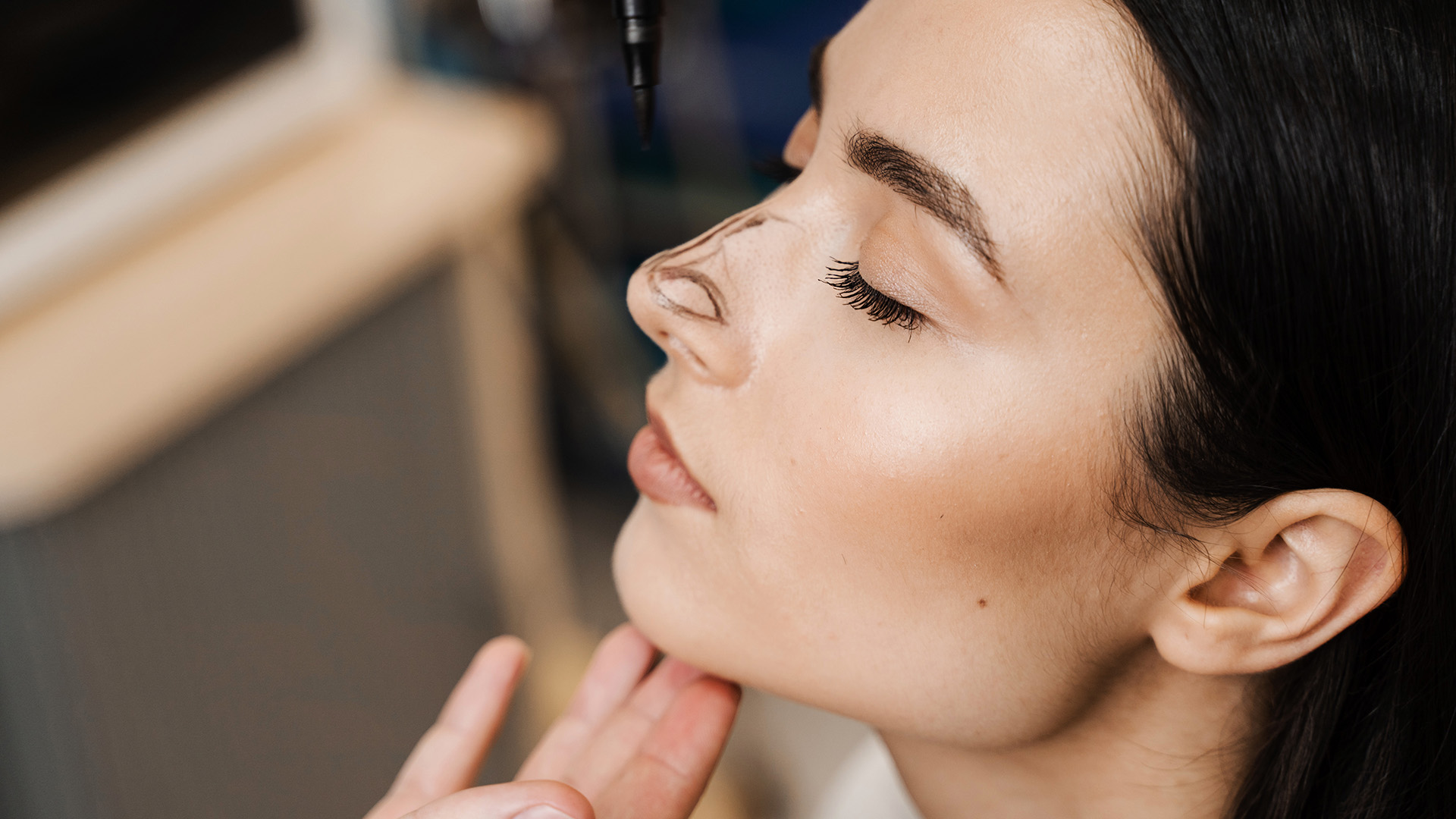Blog
Your Guide to Recovery After Septum or Sinus Surgery

Chronic sinus infections, obstruction, and constant nasal congestion can be frustrating — especially when they disrupt your sleep and daily routine. Fortunately, surgical treatments can bring lasting relief.
While undergoing sinus surgery or deviated septum surgery may seem daunting, Dr. Shawn Allen’s expertise and minimally invasive techniques help ensure a smooth, straightforward recovery and a lifetime of effortless nasal breathing.
What to Expect in the First Few Days
In the first few days after septum or sinus surgery, you can expect symptoms similar to a heavy cold — like temporary congestion and mucus discharge. You may also experience mild nosebleeds for the first 24 to 48 hours.
During this time, you should prioritize rest, stay hydrated, and keep your head elevated to help reduce inflammation. Septum and sinus surgery swelling usually peaks early in recovery, and your breathing will gradually improve as it subsides.
“I know it can be discouraging to go home after surgery and still feel congested, but it’s all part of healing,” says Dr. Allen. “The best part of my job is seeing patients coming back, breathing better than they have in years, and realizing how much this procedure has improved their lives.”
Pain & Swelling Management
Most patients find over-the-counter pain relievers, such as acetaminophen (Tylenol), are enough to manage their discomfort after sinus or deviated septum surgery. Just be sure to avoid nonsteroidal anti-inflammatory drugs (NSAIDs), like aspirin or ibuprofen, which can increase the risk of bleeding.
Although nasal discharge and post-surgery congestion can be uncomfortable, resist the urge to blow your nose since it can interfere with healing. Instead, Dr. Allen recommends nasal sprays or gentle rinses to help clear mucus and keep your nasal passages moist. You may also gently dab away discharge with a tissue.
It can be beneficial to use a humidifier, which will add moisture to the air in your home and prevent your nasal passages from becoming too dry. Drinking plenty of water can also help thin the mucus and support a faster recovery.
Post-Surgery Care & Activity Restrictions
Your actions in the days after your procedure play a crucial role in your healing. To promote a faster septum and sinus surgery recovery time, you’ll want to avoid the following:
- Strenuous exercise and contact sports: Vigorous physical activities can increase your heart rate and risk of injury.
- Swimming or exposure to pollutants: Dust, smoke, and chlorine can cause irritation, while bacteria can increase the risk of infection.
- Bending over or lifting heavy objects: Exerting yourself can increase sinus pressure and worsen swelling.
- Hot showers or steam rooms: Excessive heat can increase inflammation.
- Alcohol and smoking: Both can slow healing and increase the risk of complications.
Dr. Allen will provide a detailed post-surgery care plan tailored to your specific procedure and needs.
How Long Does Recovery Take? (Healing Timeline)
While every patient heals at their own pace, here is a general idea of what you can expect home recovery to look like:
Week 1: Swelling and congestion peak in the first few days and then begin to ease, and you might experience light nosebleeds for the first 48 hours. Mild to moderate discomfort is also common, but over-the-counter pain relievers are usually enough to provide relief. By the end of the first week, most patients feel well enough to return to work.
Weeks 2 – 3: Swelling subsides, breathing becomes significantly easier, and congestion continues to clear as your nasal tissues heal. You can resume light activities but should still avoid anything too strenuous. During your follow-up appointment, Dr. Allen may provide a gentle nasal cleaning to remove dried blood or mucus impeding airflow.
Weeks 4 – 6: Most swelling resolves, and you should notice a remarkable improvement in airflow. At this point, Dr. Allen may clear you for exercise, but it’s critical that you listen to your body and avoid any activities that cause discomfort.
Weeks 6+: By this stage, most patients feel fully recovered. However, you will continue to notice subtle improvements as any lingering inflammation fades. Dr. Allen will likely lift any remaining activity restrictions
If, at any point during the healing process, you notice worsening pain, extreme fatigue, bad-smelling discharge, persistent bleeding (beyond the first 48 hours), or a fever, be sure to reach out to Dr. Allen’s team, as these can be signs of infection after sinus surgery or septum procedures.
Follow-Up Care for a Smooth Recovery
Be sure you attend all post-op checkups so Dr. Allen can monitor your progress, remove splints or stitches, and address any questions or concerns. And, most importantly, remember you’re not alone. Dr. Allen and his team will guide you through every step of the healing process to ensure a comfortable recovery.
“Recovery takes time, and patience is key,” says Dr. Allen. “Trust the healing process, stick to your post-op care routine, and soon, you’ll be breathing better than ever.”
You can breathe easy knowing expert care is by your side. If you have any questions about sinus surgery or recovery, don’t hesitate to reach out to Dr. Shawn Allen and his team. With the right post-surgery care and guidance, you’ll be well on your way to effortless, unobstructed breathing. Schedule your consultation today and take the next step toward lasting relief.